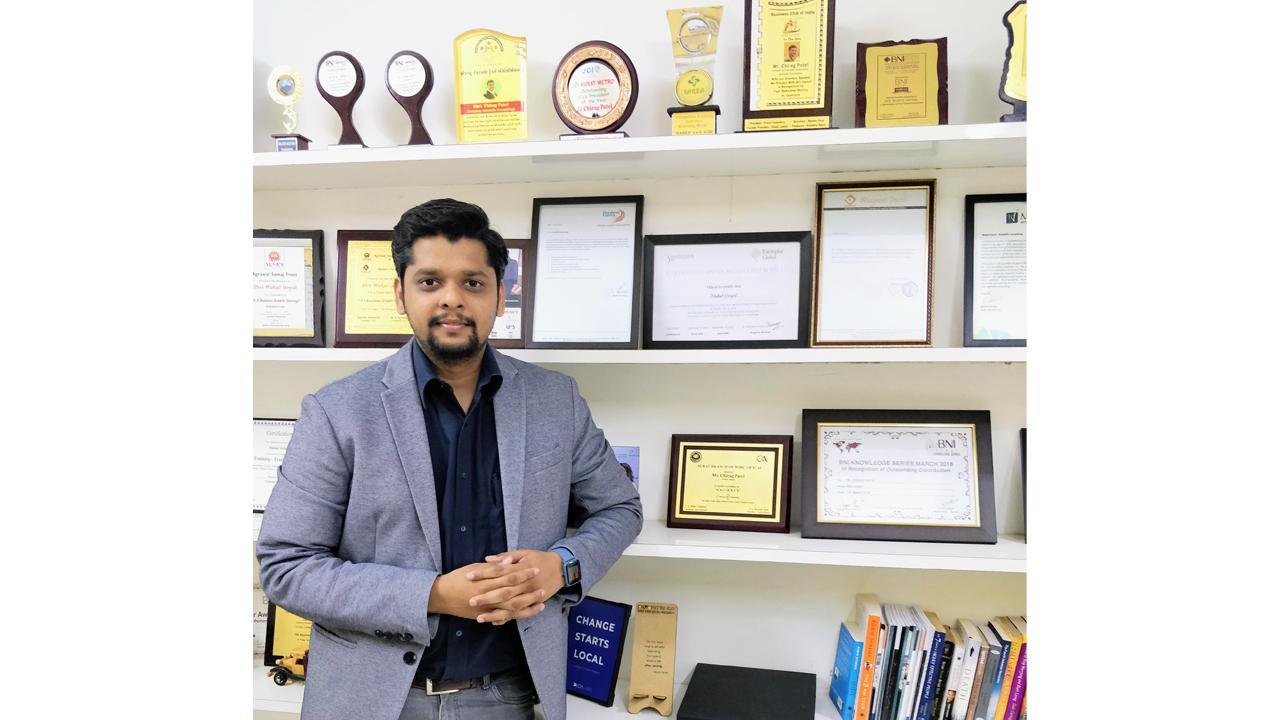In an exclusive chat, Mukul Goyal, Co-Founder - Stratefix Consulting, talks about the MSME opportunity in India.

Mukul Goyal
1. What are the challenges that MSMEs face?
ADVERTISEMENT
The majority of MSMEs are based beyond metropolitan areas and include a large chunk of traditional family-run companies with generations of experience. The MSME industry also faces very unique challenges that are different from larger organizations:
- Since these companies are largely founder-led or family businesses, it can be challenging for the team to focus on everything, especially the day-to-day operations
- Entrepreneurs need assistance in strategizing beyond a certain level of growth and scale as streamlining operations and controlling costs while scaling remains a struggle
- Considering the traditional nature of MSMEs, transforming to a more professional, or even digital ways of doing business, is not an easy transition
- It is no secret that MSME companies today recognize the need to adopt and integrate technology - but they are reluctant to go the distance
- It is also important for MSMEs to understand the value of investing in the right resources, with the necessary talent and expertise.
It is therefore imperative that MSMEs have a partner who understands their unique needs, strategizes a solution, implements it, and helps ensure it is executed.
2. What are the opportunities for MSMEs today?
The MSME sector has been the engine of economic growth in India for several decades now. There are approximately 6.3 crore MSMEs in India contributing to roughly 29% of the GDP. Manufacturing and services businesses are ripe for growth and expansion.
The government recognizes the potential of the MSME industry and has created comprehensive regulations aimed at helping it grow and flourish. The digitisation of regulatory and approval systems has improved business efficiency and helped streamline the working of businesses. Domestic and export businesses alike are benefited by multiple subsidies and norms, while Indian embassies overseas are also trying to promote more cross-border trade. The opportunity is only growing!
3. Tell us about Stratefix Consulting.
The MSME industry understands that they must transform to stay relevant. Stratefix was established exclusively to assist MSMEs across India. Since inception, we have helped over 300 MSMEs in India. What makes us unique is that we study the issues, strategize solutions, and even assist in executing the plan. In essence, we work like an extension of the organization in many ways:
- Streamline operations by developing robust systems and processes
- Improve cost efficiency by streamlining fixed and variable costs
- Increase sales by assisting in the market penetration of existing products and new product launches
- Set up dedicated teams to handle key functions, such as HR and finance.
- Developing the right expertise and capabilities within the organization to prepare it to grow and scale. This can involve talent, the implementation of the right ERP, etc.
In large enterprises, consulting firms specialize in specific departments. We focus only on MSMEs in metros and non-metro cities because the challenges this segment faces are unique and require a specialized approach.
4. What are your growth and expansion plans? Any plans of expanding your portfolio?
Our goal is to transform 10,000 businesses by 2030! We plan to do this by introducing our exclusive franchise model across all tier B towns in India.
As India's MSME market represents an enormous opportunity, we are focusing on building teams to work with companies across the country. We want to offer MSME all the services they hear about in corporate jargon. We have plans to expand our services to include strategy audit, M&A consulting, family charters and constitutions, and data analysis.
5. What is the market opportunity you see in India?
India's business consulting market is worth $4.5 billion! However, most of the action takes place in metro cities. There is a huge opportunity for business consultants in the MSME industry, which is mainly found in mini-metros and tier 2 and 3 cities. We want to tap into this market.
 Subscribe today by clicking the link and stay updated with the latest news!" Click here!
Subscribe today by clicking the link and stay updated with the latest news!" Click here!







